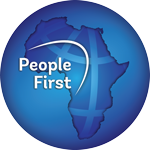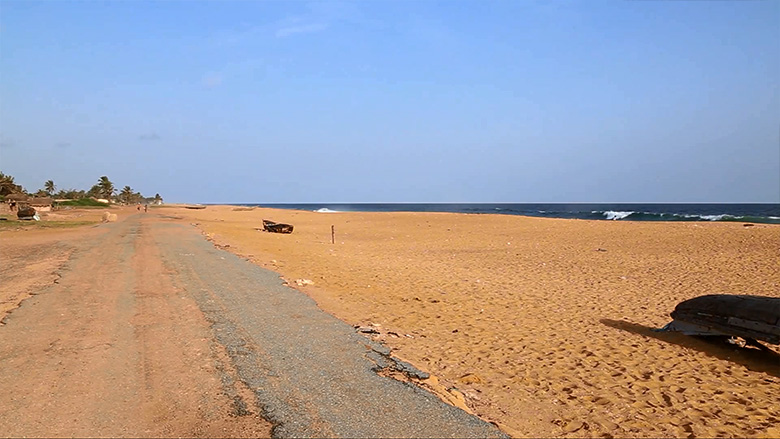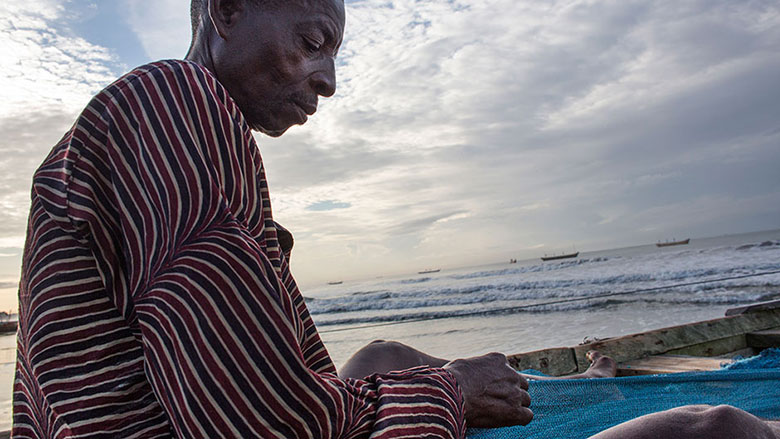About
As the meeting point of two important regional corridors: the Abidjan-Lagos corridor and the Cotonou-Niamey corridor, Benin's geographical position makes this West African country a major commercial and tourist crossroads. Benin has 121 kilometers of coastline along the Gulf of Guinea and shares borders with Nigeria, Burkina Faso, Niger, and Togo.
The country enjoys a stable political situation, marked by successive democratic alternations. On January 8, 2023, the parties supporting the incumbent president, Patrice Talon, won the legislative elections, with 81 seats out of the 109 seats in the National Assembly. The main opposition party, the Democrats, won 28 seats, marking the return of the Beninese opposition to Parliament after a four-year absence. The next municipal and legislative elections will take place on January 12, 2026. The presidential election will be held on April 12, 2026.
The population was 14.5 million in 2024, with a fertility rate of 5.7 children per woman and a life expectancy of 61.2 years (up 0.5 years from 60.7 years in 2023). Between 2021 and 2022, the national poverty rate was at 36.2%, down 2.3 percentage points from 2018-2019. The unemployment rate was 2.4 per cent, while underemployment affected 72% of the labor force, and 90.1% of workers were employed in the informal sector.
Between 1990 and 2023, the value of Benin's Human Development Index increased from 0.351 to 0.515, an increase of 46.7%. Over the same period 1990 - 2023, life expectancy at birth in Benin increased by 7.8 years, the expected duration of schooling increased by 5.6 years and the average duration of schooling increased by 1.7 years. Benin's gross national income per capita has increased by about 70.9% between 1990 and 2023.
Economy
In 2024, growth remained robust at 7.5% and remained stable in the first half of 2025, reaching 7.5%, driven by strong performances in transport, trade, construction, agriculture and manufacturing. Services were the main growth driver in 2024 and early 2025, driven by trade and transport. Port activities have returned to their pre-Niger border closure levels, boosted by Nigerian demand and new trade routes. Industry and the primary sector have also contributed, through the construction of the Glo-Djigbé Industrial Zone, cotton production and agricultural diversification. Headline inflation fell to 1.2% in 2024, thanks to lower energy and transport prices, while food inflation doubled to 0.8%.
Benin's fiscal consolidation has reduced the deficit and public debt, reaching the WAEMU target of 3% of GDP in 2024 thanks to higher tax revenues and lower investment spending. This momentum continued in the first half of 2025, with public debt decreasing to 51.6% of GDP at the end of June 2025. The progress made reflects tax modernization, broadening the tax base and controlling expenditure. Benin has a moderate risk of debt distress.
Thanks to its strong commitments in terms of macroeconomic stability since 2016, the government has been able to count on fiscal leeway to support economic activities during the pandemic. The continuation of the economic recovery will depend on its ability to absorb the fragilities linked to its growth model. Indeed, the economy is dependent on exports of unprocessed agricultural products (cotton, cashew nuts) and the re-export of imported goods and commodities (used cars, rice, etc.) to Nigeria. Nearly 85% of the workforce works in the informal economy.
Last Updated: Oct 09, 2025









